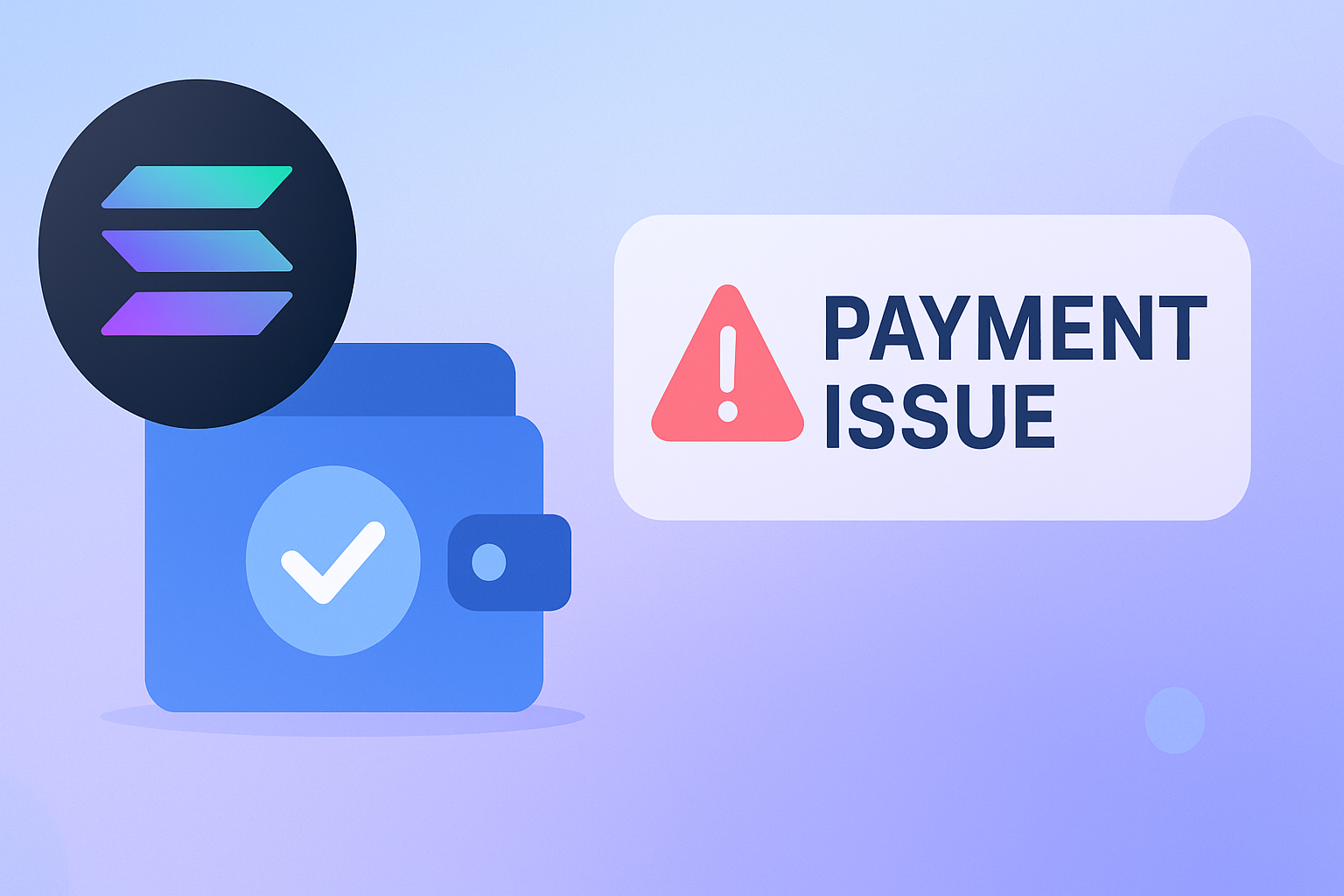In the ever-changing world of digital marketing, search engine optimization (SEO) is essential for businesses looking to boost their online visibility. With search algorithms constantly evolving and consumer behavior shifting, effective SEO monitoring is more critical than ever. One tool that can significantly enhance your SEO monitoring efforts is mobile proxies. But what are mobile proxies, and how do they fit into the SEO picture? Let’s break it down!
What Are Mobile Proxies?
Mobile proxies are intermediary servers that route your internet traffic through a mobile device’s IP address. Unlike standard residential or data center proxies, mobile proxies use IP addresses assigned to mobile carriers. This means that your traffic appears to come from actual mobile devices, making it less likely to be flagged as suspicious or malicious.
Why Use Mobile Proxies for SEO Monitoring?
1. Accurate SERP Tracking
One of the biggest advantages of using mobile proxies for SEO monitoring is accurate search engine results page (SERP) tracking. Search results can vary significantly based on factors like location, device, and network type. By leveraging mobile proxies, businesses can track how their websites rank in real time on mobile devices, giving them a clearer picture of their SEO performance.
2. Testing Mobile-Friendly Features
With Google prioritizing mobile-first indexing, having a mobile-friendly website is crucial for SEO success. Mobile proxies allow businesses to test how their sites perform on different mobile networks and devices. This testing helps identify potential issues that could affect user experience and, ultimately, SEO rankings.
3. Competitive Analysis
Mobile proxies are also great for competitive analysis. They enable businesses to monitor how their competitors rank in SERPs across various mobile networks and locations. By gathering this data, companies can refine their strategies and stay ahead in a competitive landscape.
4. Avoiding IP Bans and CAPTCHAs
When monitoring SEO data, making frequent requests from a single IP address can lead to bans or annoying CAPTCHAs. Mobile proxies provide a rotating pool of IP addresses, making it less likely that your monitoring activities will be flagged by search engines. This ensures you can access essential SEO data without interruption.
5. Localized SEO Monitoring
Mobile proxies allow businesses to simulate user searches from specific geographic locations. This is especially useful for local SEO efforts, as search results can differ based on the user’s location. With mobile proxies, you can gain insights into your local rankings and adjust your strategies accordingly.
Conclusion
Incorporating mobile proxies into your SEO monitoring toolkit can make a world of difference. They offer accurate SERP tracking, help test mobile-friendly features, facilitate competitive analysis, prevent bans, and support localized monitoring. In a landscape where SEO is constantly evolving, using mobile proxies gives businesses a competitive edge and helps maintain a strong online presence. As mobile usage continues to rise, integrating mobile proxies into your SEO strategy is not just a smart move—it’s essential for staying ahead of the competition.





